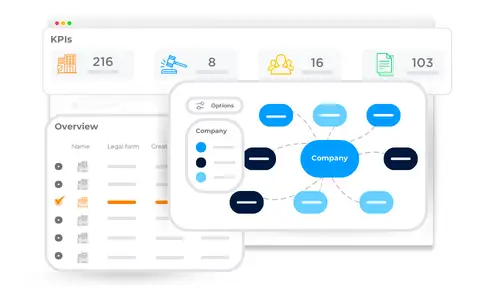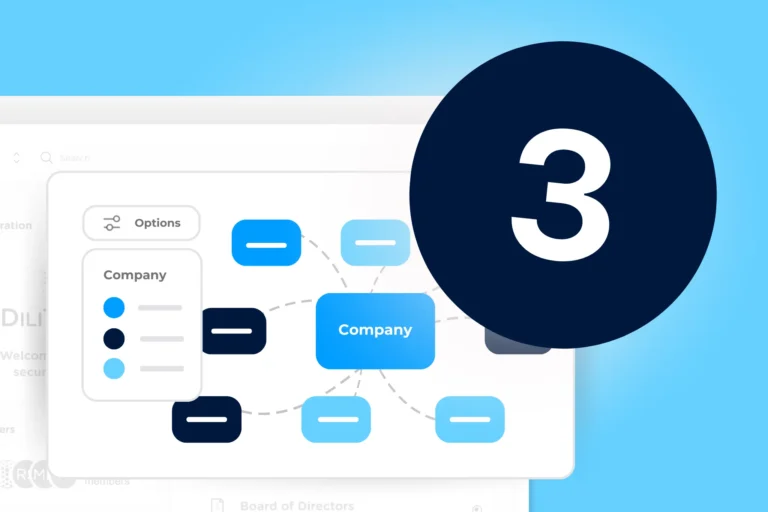Legal entity management is a sophisticated system that deals with several departments and disciplines in an organization. Entity management, in its simple state, collects various corporate business records. It is a string of information that holds all the business characteristics, including its structure and mode of operation.

Entity management has a close relationship with mergers, corporate names, acquisitions, legal structures, directors, and owners. Legal entity management involves multiple departments and employee roles across any organization. This includes legal, governance, treasury, finance, tax, and compliance. The human resources department is also included in the system in certain situations.
Organizations adopt legal entity management to handle changes in compliance and tax regulations. It provides support for unexpected regulatory shifts and additional costs, reducing potential risks.
The legal and tax department, including the general counsel, corporate secretary, and tax department employees all handle this branch of corporate governance. This is why this information’s knowledge must be effectively communicated to the board of directors to ensure that they have a good grasp of how the organization improves and progresses.
The Compliance of the Legal Entity Management
For your organization to be safe from legal issues, there must be a level of compliance to the local, state, and national laws. Compliance is an integral part of entity management because it supports legal departments to direct the organization towards adherence to all regulations. This is why compliance is crucial and why your organization must always advocate for strong entity governance.
Once your organization ensures high regard for entity management, before considering the subsidiary management strategies, it will be easier for you to deal with laws, reforms, and regulations as the organization continues to grow its base into international recognition. It will also save your legal subsidiaries from getting caught up in issues that could arise financial, reputational, legal, safety, and environmental matters that concern your organization’s management.
Viable Solutions for Legal Entity management
Over the years, there has been an evolution in legal entity management. The development has led to complexities arising in the fields and has caused panic for organizations worldwide. This is why organizations have begun to opt for modern entity governance solutions such as digital and software analysis while dumping all the older manual methods that had been in use before. This modern software approach to entity management ensures a more comprehensive and robust platform for better control.
Benefits of Entity Management Software Solutions
- Entity management improves the general efficiency of the internal team activities for better management of the organization’s information.
- It helps with adopting precise information about corporate data, which helps them keep scrutinizing eyes on the organization’s activities and ensure strict adherence.
- The software facilitates the legal department to manage better risks and liability that could arise from the corporate world.
- Entity management software provides your organization with faster processing methods to ensure your teams have more time to accommodate strategic thinking.
- It also makes corporate records more accessible by using the cloud-based entity management system.
Adopting this modern management system for your organization ensures that you have improved control over compliance using proactive governance. This solution also adapts all your teams’ activities to execute the governance workflows and principal task completion efficiently.


